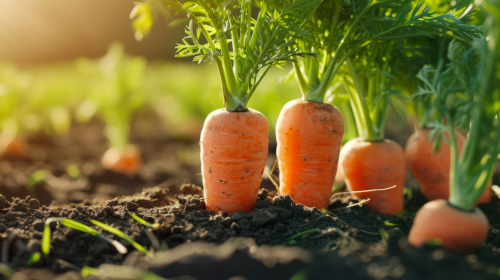
14 June 2024
As the General Election draws nearer, the key parties have launched their manifestoes which include commitments for agriculture and the environment. The Liberal Democrats have pledged to increase the farming budget by an extra £1 billion per year and to accelerate the rollout of Environmental Land Management Schemes (ELMs). The Conservatives have pledged to ensure that at least 50% of food expenditure is spent on locally produced food, or food produced to higher environmental standards. The Green Party has said they will triple financial support to farmers and will push for soil health to be conserved and improved.
Labour’s manifesto commitments include a new land-use framework and will encourage farmers to use more environmentally regenerative methods. They have also announced commitments to restore peatland and revive wetlands, and would include the creation of a taskforce for flood resilience and the creation of three national forests.
A survey by The Wildlife Trusts has found that 39% of voters will vote based on the environmental policies offered by parties, and that ‘helping farmers reduce emissions and adapt to climate change by embedding adaptation into farm payment schemes’ was among the top environmental priorities identified by those surveyed.
A UK technology startup has developed a battery powered by bacteria which can recharge when buried in soil. The battery was designed to be a cheaper, more sustainable energy source for the agriculture sector, powering things like efficiency-improving sensors which in-turn generate the data required to inform decision-making.
An ecology expert has written an article on the role of earthworms in shaping the landscape of the Scottish Isle of Rum, and how they help tell the history of the remote island. The early deforestation of the island resulted in very low earthworm populations, however subsequent use of natural fertilisers by tenant farmers followed by the importing of topsoil from the mainland has led to a rich presence of earthworms in soils. He says that studying Rum could help provide vital understandings of soil health elsewhere.
New research has shown that increasing CO2 levels caused by climate change has led to soil organisms storing excess phosphorus, which in turn negatively impacts the growth rate of certain tree species. As atmospheric CO2 increases, many trees have been growing faster,helping limit some of the damages of climate change. However, as CO2 increases, soil microbes are also keeping more phosphorus to aid their own metabolism and limit the ability of some trees to photosynthesise.
Another study has shown that climate change depletes populations of essential soil invertebrates. The research synthesised 38 studies to highlight that drought caused by climate change is leading to a decline in numbers by an average of 39%. It also showed that a 1˚C rise in temperature can cause a ten percent drop in springtail populations, which are vital for breaking down organic matter in soil.